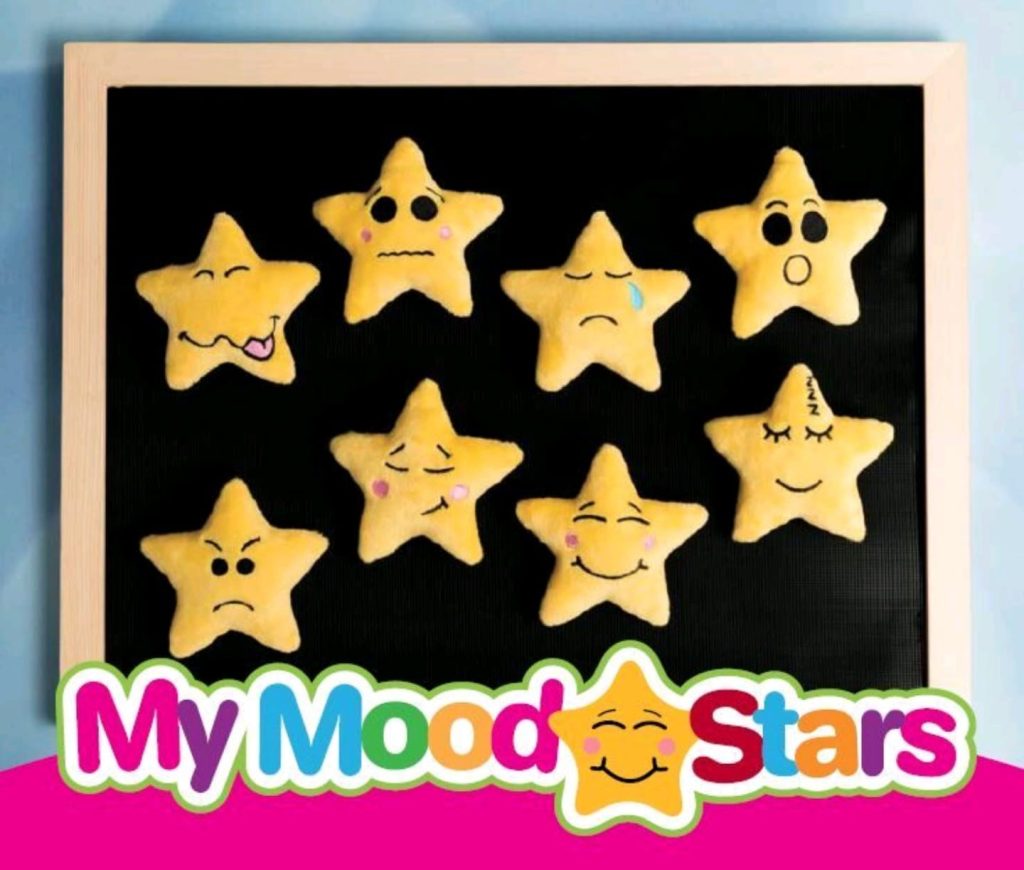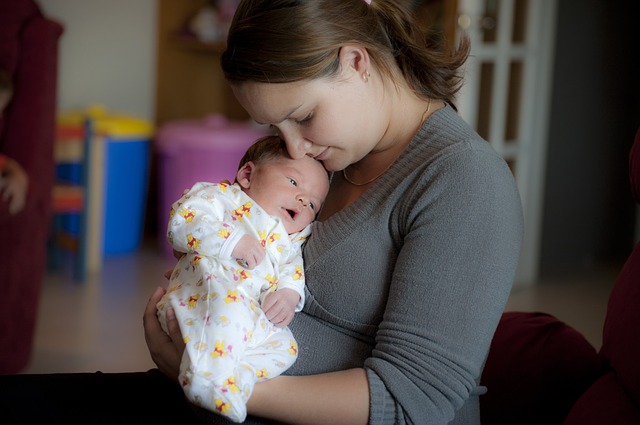Brrrrrr. It’s cold here at Nannyjob. So cold that we’re cranking up the heating to full, fishing out our thickest thermals and drawing the curtains before the 6 o’clock news (have you sussed yet that we’re possibly Summer peeps?!). It’s not all bad though, the Coca Cola train and John Lewis ads have started sweeping that annual feeling of nostalgia into our living rooms, and we’re enjoying cosying up together talking about what Santa might bring.. BUT, just one very wintery problem to sort out first –
COLDS GALORE! As usual in Winter, we have little ones here with sniffles and colds, so as well as the saviour of all things that is Calpol coming to the rescue, this year we have decided to give some of the old wives tales of cold and flu relief a go on our little ones to find out which really work, and which are plain, well, silly.. and as always, we’re sharing our best bits of advice with our lovely readers!
– Chicken Soup.
Something of an icon of cold relievers, this one brings back memories of my childhood, where any sick days from school always meant a large bowl of the good stuff whilst watching lunchtime Neighbours and Going For Gold. I seem to recall it always working (rose tinted childhood specs?!). Apparently heat is the key, so any soup will work to a degree, as it promotes airway secretions and has a calming action on inflamed throats. But chicken soup’s combination of fats, spices, and water seems to work best when it comes to breaking up mucus.
Nannyjob effectiveness rating – 7/10
– Hot Toddy (minus alcohol!).
Now, again, my childhood memories of cold relief seem to include a cheeky teeny tiny drop of brandy in a hot toddy at bedtime. Not only did I feel very grown up, but I slept and felt rested (it was the 80’s and my family are Irish!). Of course, we DO NOT advise alcohol in this one for kids, but it can be done without. Mix 1 tsp of honey with a good squeeze of lemon juice, and hot water in a mug. The honey soothes, and the hot fluid has a demulcent and soothing action, with slightly bitter flavours such as lemon it is particularly beneficial.
Nannyjob effectiveness rating – 8/10
– Vitamin C.
Your child should have a good all-year-round supply of this good stuff to help ward off nastiness. According to a large review of clinical research at Helsinki University, regular doses of vitamin C may cut an adult’s cold duration in half and a child’s by a day. Now, in our experience vitamin C is a better deterrent for colds than a cure once one has begun, but it’s never a bad thing to add an extra dose when little one has a cold. As well as giving them lots of fruit and veg, our favourite vitamin C supplement for kids is from Haliborange (www.seven-seas.com/Haliborange).
Nannyjob effectiveness rating – 9/10
– Garlic.
The Nannyjob jury is out on this one. Yes, it may be beneficial, but how many children do you know who would happily drink a mixture of warm milk and crushed garlic without feeling sick? Our advice – add a little bit extra into your evening meals so little one gets an edible dose. Allicin, an active compound in garlic, is known to act as a decongestant, and garlic is known to have high antioxidant properties, so it’s worth getting your Italian cookbooks out whilst you have a cold-ridden child!
Nannyjob effective as rating – 6/10.
– Fresh air.
Again, we know this is a great boost to the system in many ways, but we’re a little dubious about sending our little ones out into the garden to play when they’re poorly. If you’re going to try this one, make sure they’re really well wrapped up and don’t stay out more than 10 minutes when poorly. According to Thomas Weidner of Ball State University, light exercise in fresh air can ease a runny nose, sore throat, or sneezing.
Nannyjob effectiveness rating – 6/10.
Do you have any other old wives tales that work? Make sure you share your gems of knowledge with us if so! Now, back to what Santa might bring…. 😉
Feel free to comment on this blog, or let us know your own ideas for cold and flu relief on our Facebook page.





